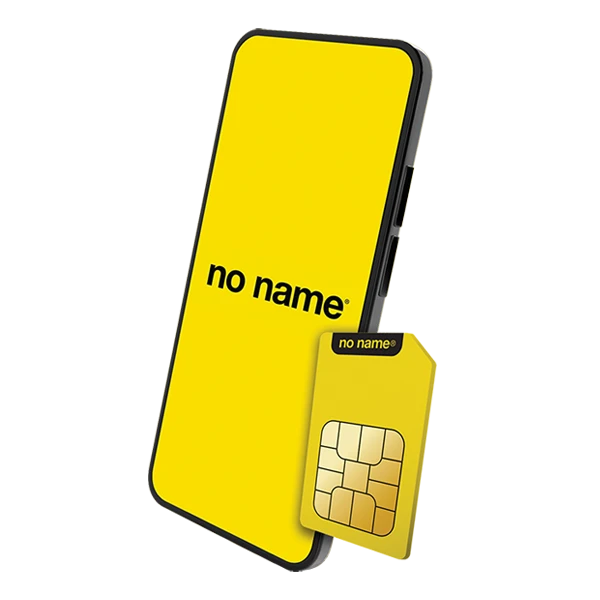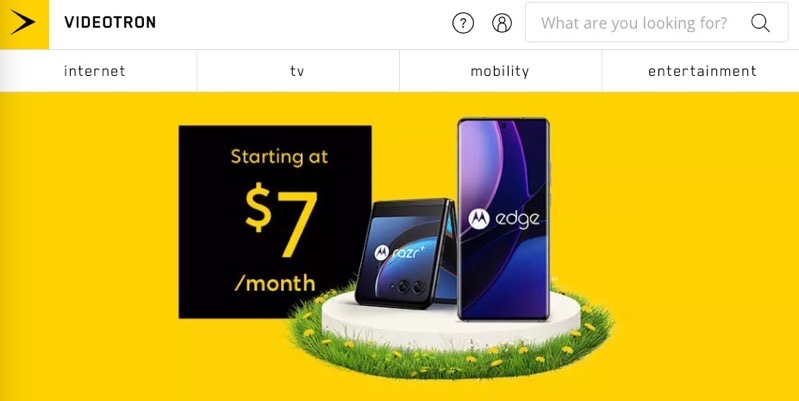
Vidéotron-Freedom Deal Will Create ‘Near-National’ Fourth Competitor, Says Expert Witness

An expert witness hired by Rogers in its ongoing Competition Tribunal hearings against the Competition Bureau testified on Friday that the proposed sale of Shaw-owned Freedom Mobile to Quebecor’s Vidéotron will create a “near-national” fourth wireless operator capable of competing with the Big Three (via the Financial Post).
Rogers and Shaw have offered to sell Freedom as a remedy to the Bureau’s antitrust concerns against their proposed $26 billion merger.
Earlier this month, the Bureau kicked off Tribunal hearings to determine the fate of the Rogers-Shaw union by reiterating that the proposed Freedom sale isn’t enough to win its approval. In the proceedings that followed, expert witnesses told the Tribunal that a combined Rogers-Shaw would raise prices for low-income Canadians and eliminate Canada’s fourth wireless competitor.
Kenneth Martin, an expert witness for the Rogers side of the trial, said otherwise on Friday. Martin, who consults for telecom companies, said the Vidéotron-Freedom deal would improve competitiveness in the Canadian wireless space by establishing a “near-national fourth” facilities-based wireless operator.
In his report to the Tribunal, Martin said that countries with four or more telecom operators with at least 10% market share each tend to have higher 5G penetration of mobile subscriptions and 27% lower average revenue per user as compared to those with just three major wireless carriers.
Maintaining four national wireless carriers has been a longstanding goal of the Canadian government. After acquiring Freedom, Vidéotron would command a market share of over 11% with 73% network coverage.
“On balance, markets with more national providers are more likely to compete on network and other fronts beneficial to consumers,” Martin said, adding that more competitors with greater scale typically means better services for customers.
Pierre Karl Péladeau, CEO of Quebecor and its Vidéotron subsidiary, also appeared before the Tribunal earlier this week. He said that the Freedom acquisition will help his company “end the reign of the ‘Big 3′” — a colloquial collective of national telcos Rogers, Bell, and Telus.
Meanwhile, Shaw’s CEO and other executives spent the week building a narrative that the telecom giant doesn’t have “a viable path forward” if the Rogers deal falls through.
Tribunal hearings into the Rogers-Shaw merger will enter their fourth and final week on Monday. Evidentiary proceedings will end on December 1, with the three-member panel overseeing the case set to reconvene on December 13 and 14 for oral arguments.
A decision on the future of the high-stakes deal is expected in January. Rogers and Shaw previously extended their mutual merger deadline to December 31, 2022, hoping to close the deal by that time. However, the merger hopefuls have room for a further extension up to January 31, 2023.

